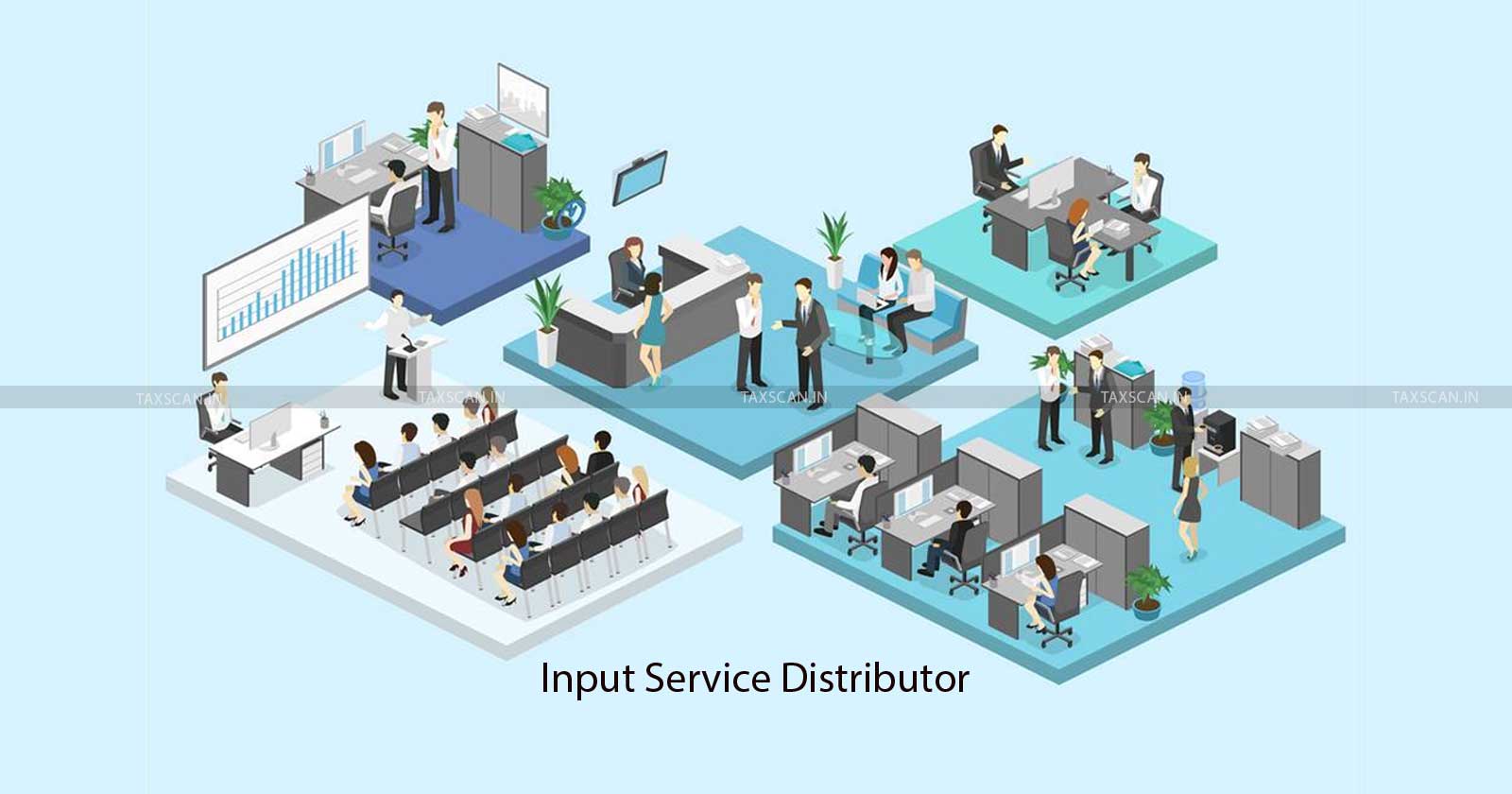Budget 2025: Finance Bill proposes to Revise ‘Input Service Distributor’ Definition under GST Section 2(61)
Finance Bill 2025 Proposes amendment of ‘Input Service Distributor’ Definition Under GST Section 2(61)

Budget 2025 – Finance Bill – Input Service Distributor – gst – Budget 2025 Finance Bill Updates – TAXSCAN
Budget 2025 – Finance Bill – Input Service Distributor – gst – Budget 2025 Finance Bill Updates – TAXSCAN
Finance Minister Nirmala Sitharaman presented the Union Budget 2025 on February 1st, 2025, at 11:00 AM before the Parliament. Finance Bill 2025 proposed an amendment to Section 2(61) of the Central Goods and Services Tax ( CGST ) Act under Clause 116 of the Finance Bill.
This amendment modifies the definition of ‘Input Service Distributor’ ( ISD ) to explicitly include the distribution of input tax credit ( ITC ) for inter-state supplies, where tax must be paid under the reverse charge mechanism ( RCM ).
Get Complete Coverage on Budget 2025-26
The revision in Clause 116 aims to enhance clarity and efficiency in ITC distribution by inserting references to sub-section (3) and sub-section (4) of Section 5 of the Integrated Goods and Services Tax ( IGST ) Act within the ISD definition. The amendment will come into effect from April 1, 2025.
Current Definition (Before Amendment)
"Input Service Distributor" means an office of the supplier of goods or services or both which receives tax invoices issued under section 31 towards the receipt of input services and issues a prescribed document for the purposes of distributing the credit of central tax, State tax, integrated tax or Union territory tax paid on the said services to a supplier of taxable goods or services or both having the same Permanent Account Number as that of the said office."
Proposed Definition
ISD Can Now Distribute ITC for Reverse Charge Transactions:
Previously, ITC on RCM transactions could not be allocated through ISDs, causing compliance challenges for businesses. Now, ISDs can distribute ITC for inter-state supplies, even when tax is paid under Sections 5(3) and 5(4) of the IGST Act (which governs RCM transactions).
Get Complete Coverage on Budget 2025-26
Inclusion of IGST Act References:
Section 5(3) of the IGST Act:
“The Government may, on the recommendations of the Council, by notification, specify categories of supply of goods or services or both, the tax on which shall be paid on reverse charge basis by the recipient of such goods or services or both and all the provisions of this Act shall apply to such recipient as if he is the person liable for paying the tax in relation to the supply of such goods or services or both.”
This covers cases where tax liability is shifted to the recipient for specific goods and services notified by the government.
Section 5(4) of the IGST Act:
“The Government may, on the recommendations of the Council, by notification, specify categories of supply of goods or services or both, the tax on which shall be paid on reverse charge basis by the recipient of such goods or services or both and all the provisions of this Act shall apply to such recipient as if he is the person liable for paying the tax in relation to the supply of such goods or services or both.”
Get Complete Coverage on Budget 2025-26
This applies when a registered recipient purchases from an unregistered supplier, requiring them to pay tax under RCM.
By adding these references, the amendment clarifies that ITC for such transactions can be allocated through ISDs. The amendment will take effect from April 1, 2025, allowing businesses time to adjust their tax processes.
To Read the full text of the Finance Bill CLICK HERE
Support our journalism by subscribing to Taxscan premium. Follow us on Telegram for quick updates


